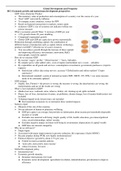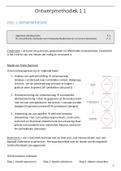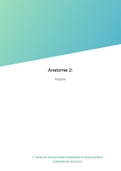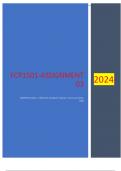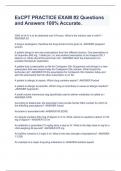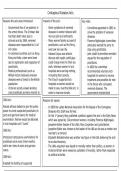Wordsworth
Earth has not anything to show more fair:
Dull would he be of soul who could pass by
A sight so touching in its majesty:
This City now doth like a garment wear
The beauty of the morning; silent , bare,
Ships, towers, domes, theatres, and temples lie
Open unto the fields, and to the sky,
All bright and glittering in the smokeless air.
Never did the sun more beautifully steep
In his first splendour, valley, rock, or hill;
Ne'er saw I, never felt a calm so deep!
The river glideth at his own sweet will:
Dear God! the very houses seem asleep;
And all that mighty heart is lying still!
William Wordsworth
• Romantic poet
• The Romantic movement describes a group of people who threw off the rigid scientific world and underwent a
revolution in thought and expression.
• He believed that through nature and communion with nature, we find happiness.
Context
• The poem was written in 1802 when Wordsworth and his sister, Dorothy were travelling.
• A coach they were travelling on paused on Westminster Bridge and the view of the city somewhat surprised
Wordsworth.
• Despite the city being made totally of man, and not nature; despite it being that dirty place that had grown so
much in the Industrial Revolution that people in the villages had starved to death, rather than move to such an
unknown, dirty place, Wordsworth was surprised at its beauty in the early sunlight.
Subject
• The poem is about the experience of crossing Westminster Bridge early in the morning and seeing the calmness
and beauty of the city of London. The poem describes the city in a very positive way, communicating its power
and 'splendour'.
• Wordsworth suggests that the view of the city is a rival for anything naturally occurring: 'Earth has not anything
to show more fair' is the opening line.
• The use of the word 'smokeless' in line 8 gives the reader a clue about why this scene is so powerful. Under normal
circumstances, the smoke from homes and factories would have obscured the view of the city; it is as if the speaker
is experiencing the true beauty of the city for the first time.
Form
• Petrarchan sonnet has fourteen lines, divided into two sections: octave (first eight lines) and sestet (last six lines).
• At the ninth line, the poem makes a "turn“.
• This sonnet has a more subtle turn. In the octave he introduces the idea that he has never seen such beauty before
and then describes the scene. In the sestet he returns to the idea of unparalleled beauty, this time comparing
London to the countryside.
Line 1
• “Earth” - The claim that no sight is more beautiful than the view from Westminster Bridge is a case of hyperbole,
or exaggeration.
, • “More” - The speaker makes a bold statement: he has found the most beautiful scene on the planet and
couldn’t imagine anywhere being more beautiful than the place he was standing
• “Fair” - beautiful
Line 2 – 3
• “Dull” - The word "dull" suggests a contrast with a knife or some other sharp object. In the implied metaphor,
the dull person's soul has been worn down by time and experience.
• “Touching” “Majesty” - Paradox (contradiction)
• “Majesty” - Grand and public
• A touching sight is intimate and personal
Line 4 – 5
• "This city" - Wordsworth waits until line 4 to reveal the subject of the poem: this creates anticipation in the
reader.
• "This city" "bare" - London is being personified into a beautiful person. The beauty is natural though – the word
“bare” tells us this.
• "Garment" - The morning beauty is compared to clothing, a "garment," in a simile. Only people can wear
clothing, so London must be personified.
Line 6 – 8
• "Towers" - The Tower of London
• "Temples" - St Paul’s Cathedral
• "Smokeless" - No ‘London fog’. London is known for having smoky, smogy air.
Line 9- 10
• a roundabout way of talking about the sunrise. The sun is personified as a male.
Line 11 – 14
• "River glideth at his own sweet will" - The river is personified here: he has been given free will. (Take note of the
gender specific pronoun “his”.)
• "Dear god" - Persona is bewildered, therefore cries out to God. Exclamation mark enhances the excitement that
is felt by the persona when he views this beautiful sight.
• "mighty heart" - People of London are the heart of the city. It is a city with a large population. Perhaps
Wordsworth is implying that it is only when London is still/asleep that it is truly beautiful.

